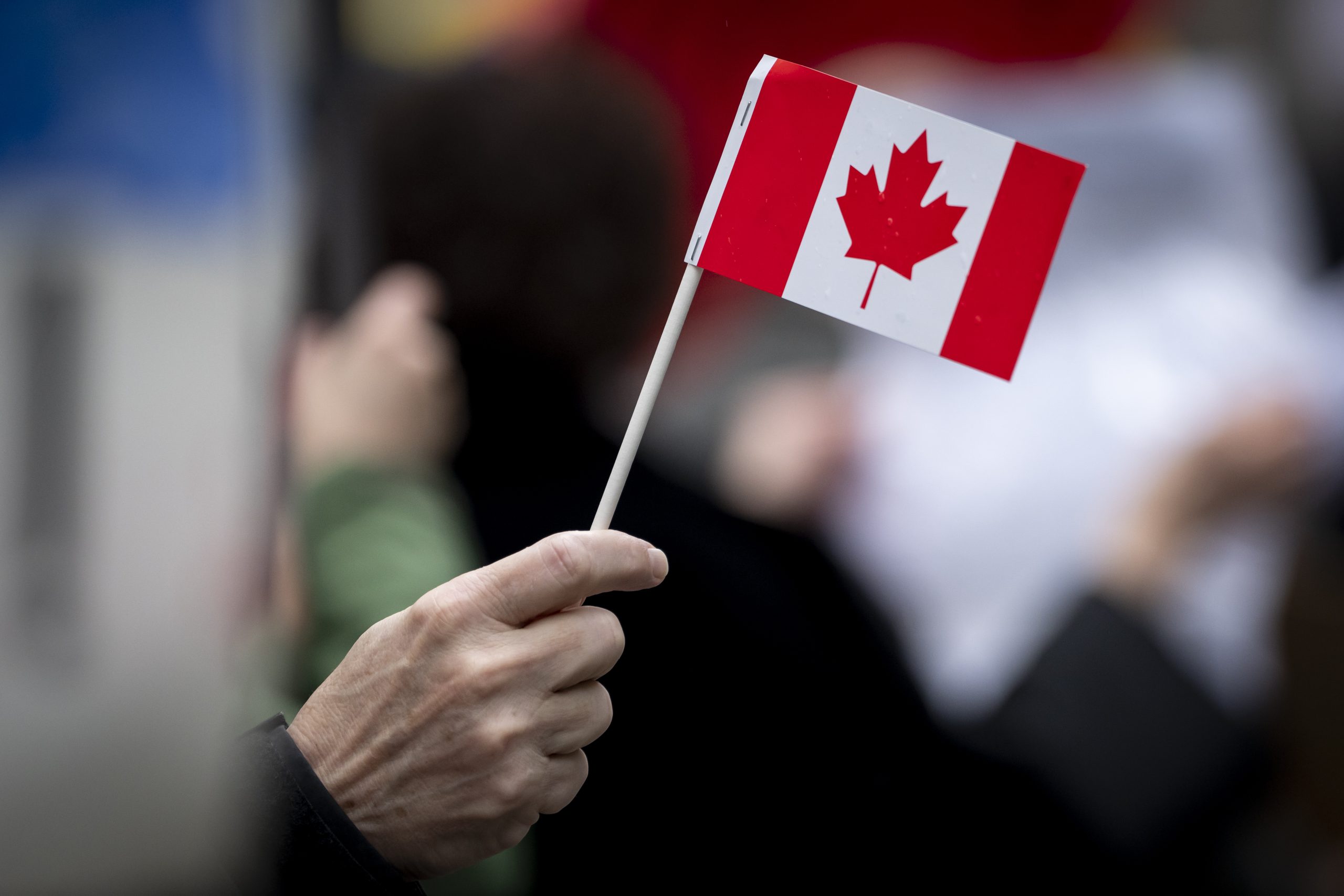Canada
Refugee Rights Day critical as a federal election campaign is underway

Every year on April 4, Refugee Rights Day is celebrated across Canada. This year, advocates say it is even more important during a federal election campaign, as party leaders begin to introduce their policies on immigration.
“It’s really important during an election to recognize different patterns of speech that politicians may have. What often happens, migrants and refugees often become scapegoats during election times, for problems that are happening in Canada,” said Erin Riley-Oettl, manager of human rights law, campaigns, and advocacy at Amnesty International Canada.
Amnesty, among other organizations, called on federal party leaders Thursday to uphold the rights of refugees and migrants during the federal election campaign. In an open letter, federal party leaders were asked to avoid scapegoating migrants and refugees on the campaign trail, and instead encouraged to protect the rights of refugees and welcome newcomers.
“We have to look at the right direction and not listen to any scapegoating of refugees and migrants,” Riley-Oettl said.
Refugee Rights Day recognizes the landmark decision of Singh v. Canada, which gave refugees fundamental rights. The decision found that the Canadian Charter of Rights and Freedoms protected the rights of refugee claimants.
“It’s really important to celebrate and recognize that refugees are our neighbours. Refugees have been coming to Canada for a very long time and make up the fabric of our communities,” Riley-Oettl said.
Refugee Rights Day comes at a time when refugees and migrants can be blamed for the housing and affordability crisis, according to Syed Hussan, the Executive Director of the Migrant Workers Alliance for Change.
“This is an important day to remember that migrants, refugees, and undocumented people are not part of, and not a cause of, the housing and affordability crisis,” Hussan said.
“For the past two years, we have seen all levels of government say that their population increases have resulted in more expensive homes, that makes no sense. People come here from around the world, sometimes in search of safety and security.”
While federal party leaders are slowly beginning to reveal their immigration policies, an immigration lawyer said there’s a strong push for reduction measures on immigration.
“The reality to keep in mind is that many individuals are here because there is a need,” said immigration lawyer and policy analyst Mario Bellissimo.
“We have to be careful of political expediency and catering to rising immigration sentiments right now, and in particular, refugees. It’s far too easy to make generalized assessments or sweeping assessments that we need more or less, or this is the number. It’s actually a very complex analysis.”
Liberal Party Leader Mark Carney said he intends to keep the previous caps on the number of permanent residents introduced in October by Justin Trudeau’s federal government.
Conservative Party Leader Pierre Poilievre said he would introduce further reductions. Poilievre previously said his policy would admit immigrants based on Canada’s housing growth.
Hussan said Canada needs to have a national conversation that unlinks immigration policies from the housing and affordability crisis.
“There’s this idea that we have too many people and not enough homes, and that’s just not true.”
“Because the focus is on the number of people, the conversation has completely disappeared from the rights of those people,” Hussan said.
Next federal government needs to withdraw Canada from STCA: organizations
Organizations are calling on the next federal government to immediately withdraw from the Safe Third Country Agreement with the United States.
“The United States is not a safe country right now, particularly for individuals who are on the move, who have come to the U.S. for asylum, they’re at risk of being deported back to their home country, where they face harm and a risk of harm. Canada needs to be a safe place to come for asylum seekers to get safety and not risk deportation back to a circumstance where they would be in harm’s way,” Riley-Oettl said.
Under the STCA, those who enter Canada from the U.S. are not eligible to make a refugee claim and will be returned to the U.S. unless they meet one of four exceptions. Those exceptions include family members, unaccompanied minors, document holders, and public interest exceptions.
“The idea is that there should be no ‘refugee shopping.’ So that you don’t go into a first country and if you’re denied, go to the second country looking for asylum,” Hussan said.
“This does not make sense. People deserve the right to claim refuge in whichever country they wish to.”
Riley-Oettle adds that Canada needs to work on creating efficient visa programs for refugees.
“One thing Canada can do is to create visa programs that result in people coming to Canada and have an achievable pathway to come to Canada as a refugee and get safety. Particularly for families that are divided in conflict.”
